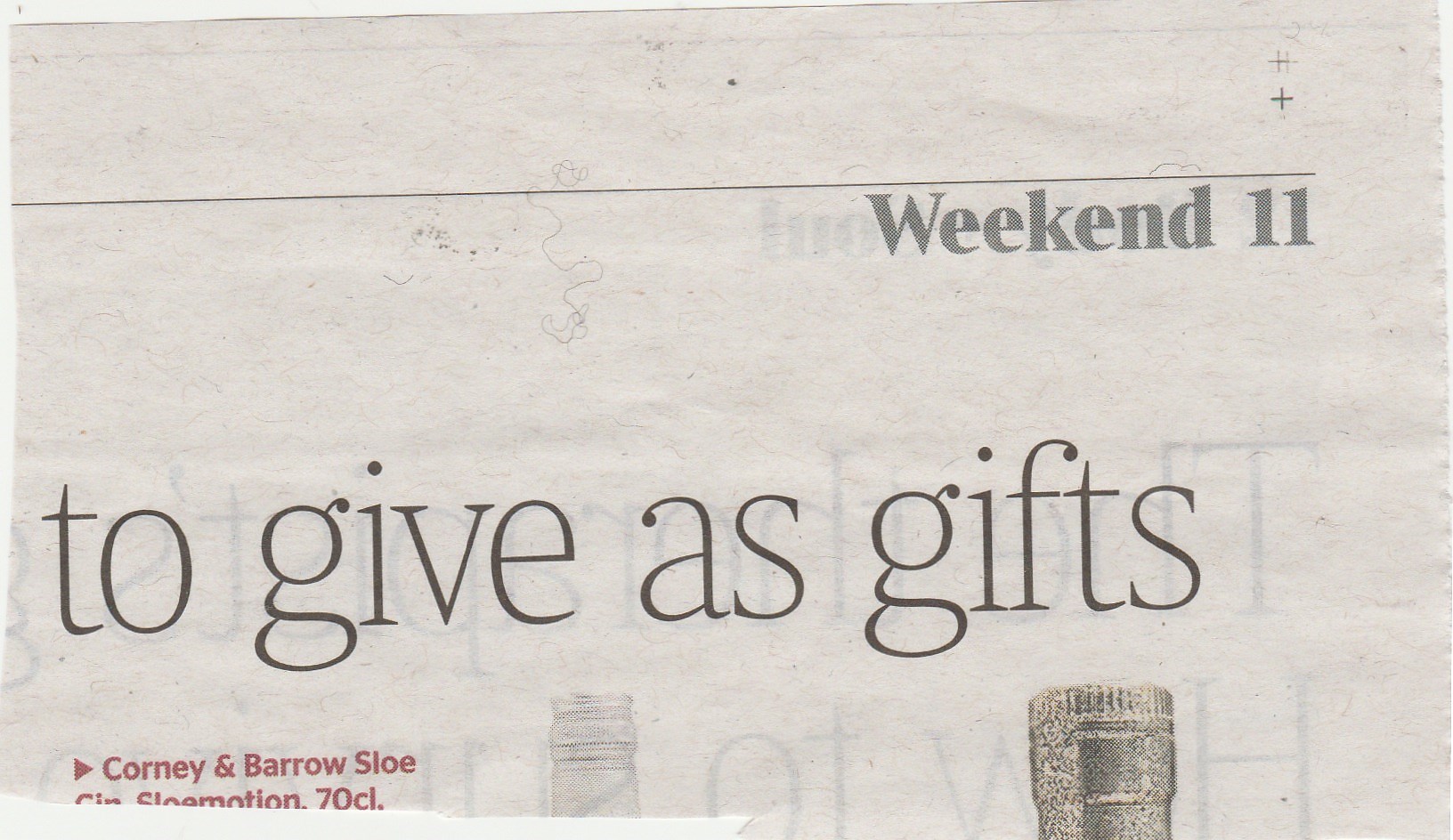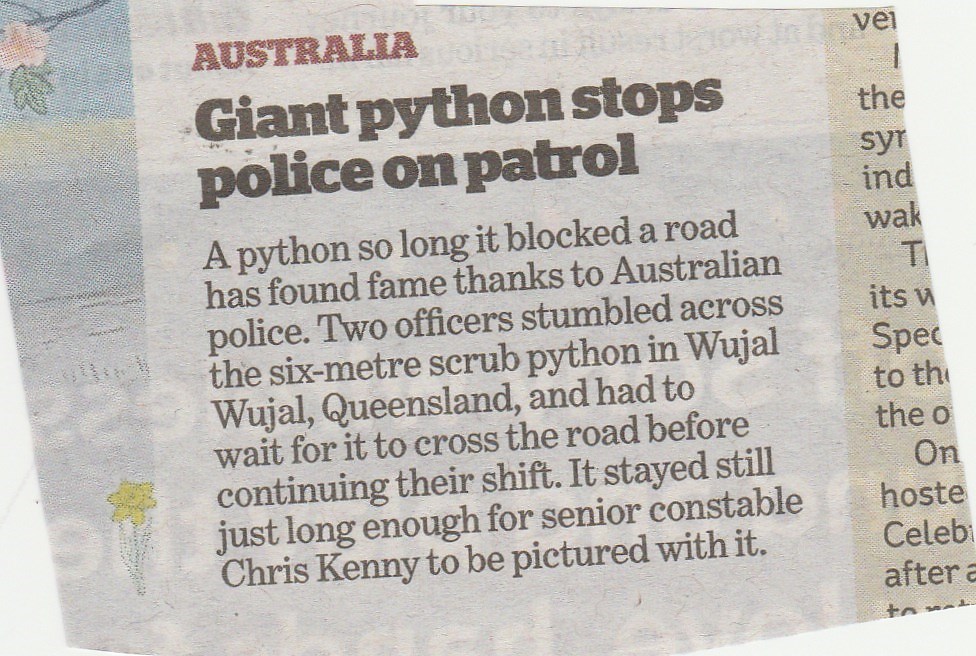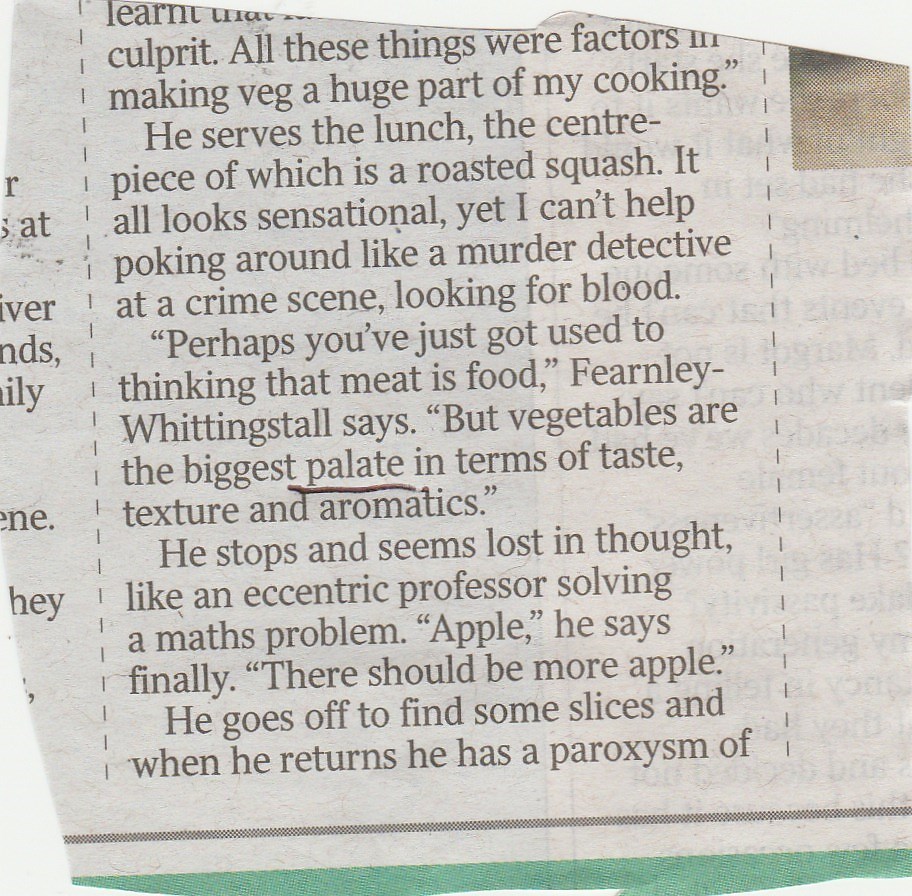 Daily Express, December 11, 2017
Daily Express, December 11, 2017
(88 words) The construction used in the intro, known as a ‘dangling’ or ‘hanging’ participle, means that the first clause describes the first object or person referred to thereafter. So we have the new portrait standing in the Grand Corridor (note: caps on both words) at Windsor, not the Duke. My favourite example of getting this wrong was on BBC radio in September 2009: ‘Fifty years after his suicide, Prime Minister Gordon Brown has apologised to computer pioneer Alan Turing.’
The same error occurs in the second paragraph. Philip has not been painted, his portrait has. A better way of putting it would be:
In the picture by Australian Ralph Heimans, Philip is wearing . . .
This adds the fact that Heimans is Australian. I would think it is fairly obvious that he is an artist.
Given that the prince has retired because of his age, it would be good to put in that he is 96.
This would be my attempt:
STANDING in the Great Corridor at Windsor Castle, this is the Duke of Edinburgh in his latest portrait.
He is depicted wearing the blue sash of Denmark’s highest honour, the Order of the Elephant, to mark his close family association with the country.
Australian Ralph Heimans, who also painted the Diamond Jubilee portrait of the Queen, said: ‘I hope it does justice to his unique character.’
The portrait of the 96-year-old duke, who retired from public engagements in August, will go on display in the UK and Denmark next year. (90 words)



 The Times, December 16, 2017
The Times, December 16, 2017 Daily Express, December 14, 2017
Daily Express, December 14, 2017 Daily Express, December 14, 2017
Daily Express, December 14, 2017 i newspaper, December 15, 2017
i newspaper, December 15, 2017 i newspaper, December 15, 2017
i newspaper, December 15, 2017 The Times, December 15, 2017
The Times, December 15, 2017 The Times, December 14, 2017
The Times, December 14, 2017

 The Times, December 13, 2017
The Times, December 13, 2017 Daily Express, December 11, 2017
Daily Express, December 11, 2017